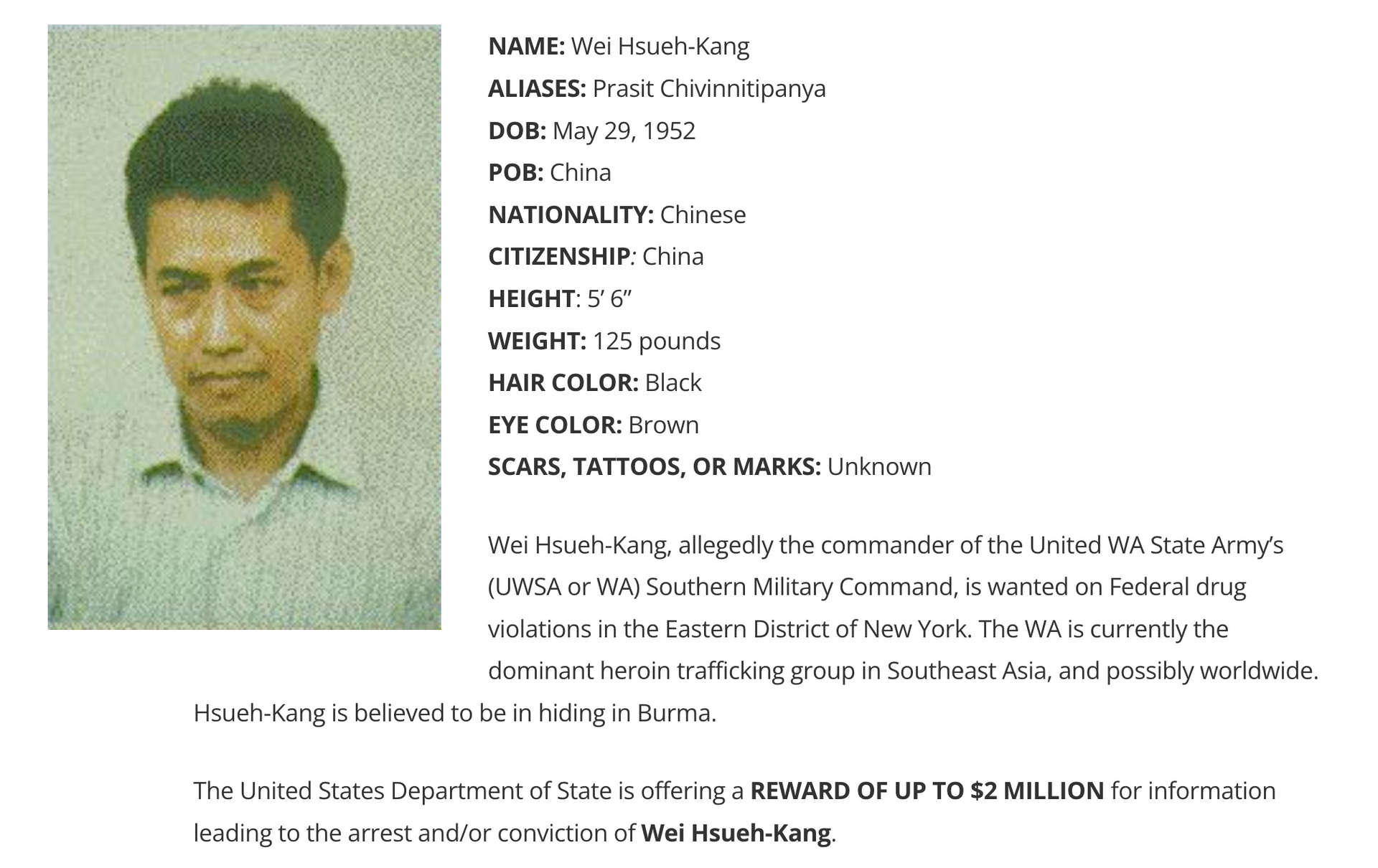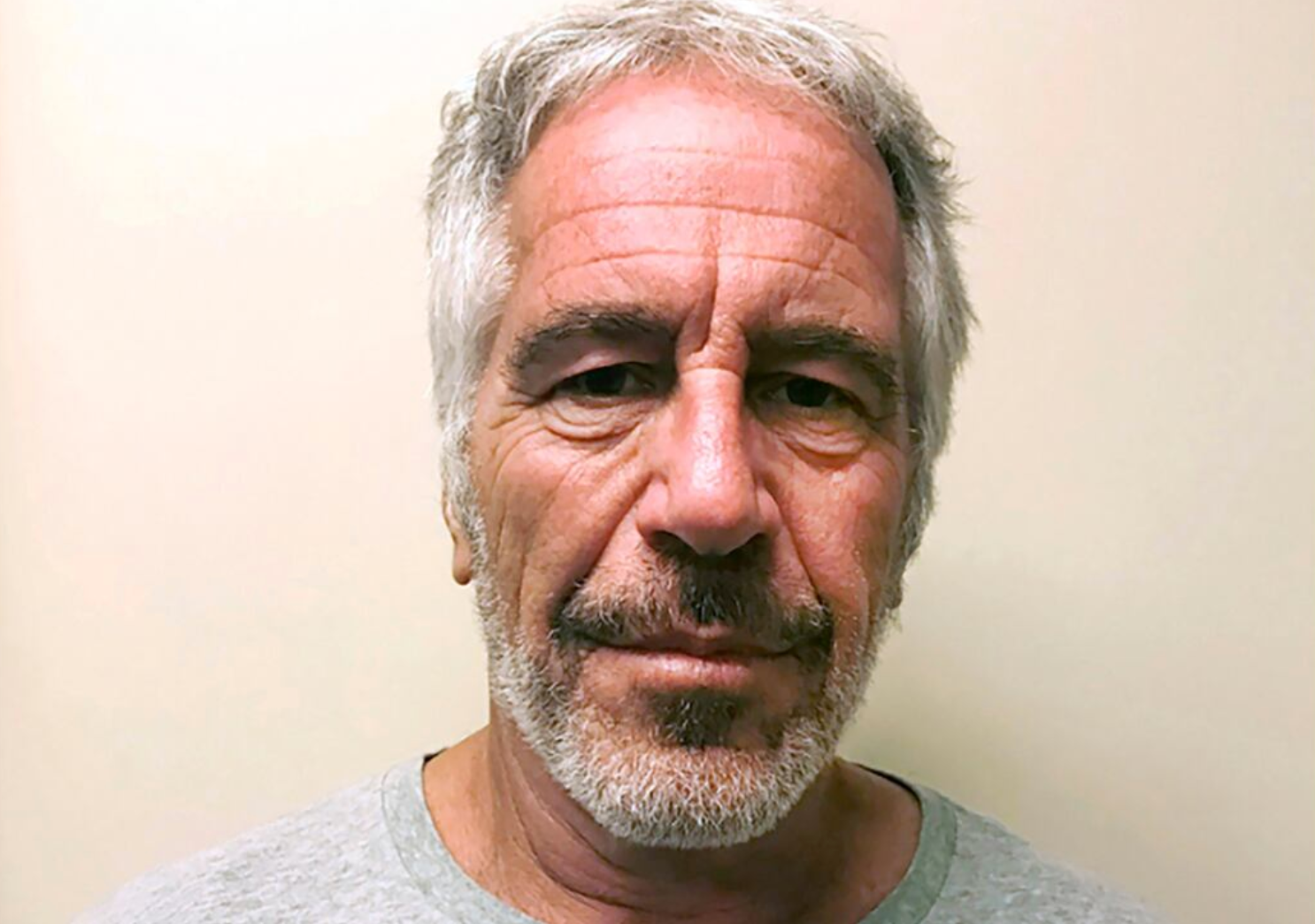A Series of Cannabis Bills Vetoed by States' Governors
June 5, 2017
In a States' Rights Issue, Governors Need to Better Evaluate This Issue
The Governor of Vermont, Phil Scott, vetoed a bill last month that would have legalized recreational marijuana. This would have been an unprecedented moment in history. Sure, eight states and the District of Columbia had already legalized recreational use. However, those states legalized recreational marijuana via ballot measures or public referendums. In other words, you can’t give credit to the politicians; it was left up to the voters to decide.
The Vermont legislature, on the other hand, passed this bill. Regardless of the fact that the Governor vetoed the bill, no state legislature has ever accomplished this task. With that in mind, this was a very positive development for the American democracy. After all, a strong majority of Americans support legalized marijuana. Hence, this is the perfect example of the manner in which special interests exert control over the legislative process.
Will recreational marijuana be legalized in Vermont?
The state legislature could overrule the Governor’s veto with a two-thirds majority vote. But, that seems unlikely because the bill wasn’t passed in the House by a wide margin, 79-66. The margin was much wider in the state Senate, 20-9.
The legislature reconvenes on June 21st. Most likely, the members will have to make some alterations to secure the Governor’s signature in the future. Governor Scott has expressed vague concerns about “protecting children,” the regulations, and the methods for roadside testing for impairments.
If we are to take him at his word, no system would “protect children” better than a legal and regulated cannabis industry. Secondly, the regulations can be hammered out before the new laws go into effect. As for the roadside testing, we’re at the mercy of the scientific community. There are many new, promising forms of technology in the works, but a perfect method has yet to be finalized. Hopefully, Governor Scott doesn’t lean on these excuses as a crutch to avoid signing this bill.
With that said, Phil Scott has publicly supported the general idea of legalizing recreational marijuana. He said, “Generally, I view it through the lens of a libertarian, I believe what adults do behind closed doors and on their own personal property is their own choice so long as it doesn't negatively impact the health and safety of others.” For the short term, he should deserve the benefit of the doubt and we’ll see if a compromise bill can be finalized later this month.
A Disturbing Trend
Someone who doesn’t deserve the benefit of the doubt is New Mexico Governor Susana Martinez. This may seem familiar if you read my column, “Want to Solve America’s Public Defender Crisis? Stop Arresting People for Cannabis.” Governor Martinez, a GEO Group campaign finance recipient, has taken her loyalty to various conservative special interest groups to a ridiculously absurd level. She has twice vetoed bills to legalize industrial hemp.
When I first read about vetoes, I immediately thought of that iconic soundbite from Allen Iverson, “We’re talking about practice?!?” In this instance, we’re talking about hemp?!? This should be a noncontroversial issue. The restrictions on hemp are completely unnecessary. Industrial hemp production and recreational marijuana are two entirely different issues. Hemp contains only trace amounts of the psychoactive chemical, THC, within marijuana. In other words, it’s impossible to get “high” with hemp.
Long story short, it is inexcusable for a politician in 2017 to block industrial hemp production in this country. Keep in mind, Governor Susana Martinez vetoed two hemp bills in the state with the highest unemployment rate.
With that sentiment in mind, the governor of Arizona, Doug Ducey, also vetoed an industrial hemp bill last month. That’s particularly disturbing because Ducey’s website claims that it’s his mission to “boost economic growth, create new jobs and promote 21st-century innovation that improves the way Arizonans live.”
There is a tremendous economic upside with hemp, but the United States is far behind the curve. Thousands of products can be derived from hemp and several other countries are progressing with some amazing innovations. For instance, Canadian-based Motive Industries has built one of the most eco-friendly cars on the planet, the Kestrel. The body of the car is composed of hemp, which makes it lighter and more crash resistant. In fact, unlike all other cars, the hemp panels of the Kestrel can actually pop back into place after an accident has occurred.
Likewise, homebuilders in the U.K. are constructing houses with several different materials derived from hemp, particularly concrete. Hemp can also produce eco-friendly versions of plastic, fuel, clothing, paint, etc. Suffice it say, there are too many hemp products to list in a concise manner.
Unfortunately, our nation will continue failing to achieve its full economic potential until the Governors’ offices across this country stop blocking the bipartisan progress with legal cannabis legislation.
(Update 6-6) Just hours after this was posted, the Governor of Florida Rick Scott vetoed line items that would have allocated $3 million to medical marijuana research. That's a disappointing decision on multiple levels, in particular, Florida hosts the most senior citizens in the U.S. However, this decision was part of a record-setting day of vetoes in which Governor Scott blocked $11.9 billion of spending.









